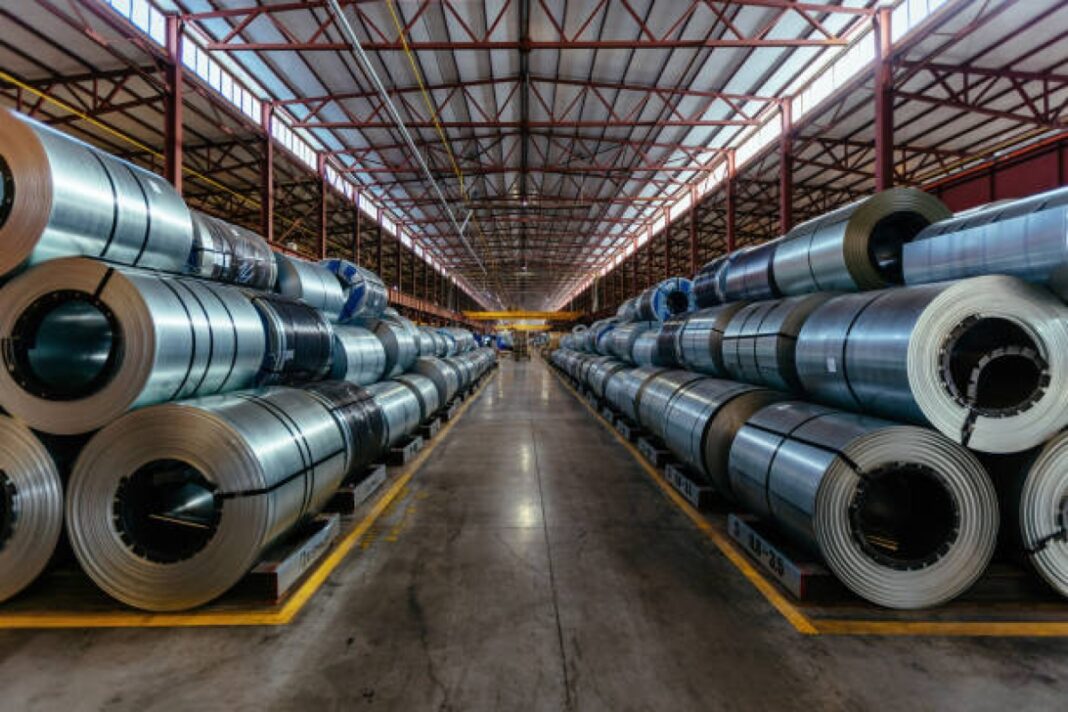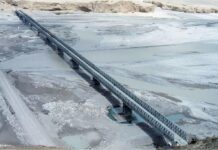The plant will boast an annual production capacity of 30 million tonnes, generating thousands of jobs and stimulating local economic activity. Angul’s rich mineral resources and existing infrastructure make it a strategic location for this large-scale endeavor. The project’s completion will significantly boost the local economy, providing a wide range of employment opportunities and ancillary business growth.
Aligning with the Indian government’s vision of becoming a global manufacturing hub, the project aims to boost steel production capacity, supporting various industries and infrastructure projects nationwide. JSP plans to employ advanced technologies and sustainable practices, including green energy sources and innovative methods to reduce carbon emissions. The incorporation of green energy and sustainable practices underscores JSP’s commitment to environmentally responsible manufacturing, which is expected to set new industry standards.
This development represents a significant milestone in India’s industrial landscape, setting a new global benchmark for steel production. As the project advances, it will transform Angul into a major industrial center and strengthen India’s position in the global steel market. The plant is also expected to contribute to the nation’s economic resilience, ensuring a steady supply of high-quality steel for domestic and international markets.
Naveen Jindal’s vision for the future of steel production in India not only promises economic benefits but also highlights the importance of sustainable development in heavy industries. The world’s largest steel plant in Odisha is poised to become a symbol of innovation, growth, and environmental stewardship in the global steel industry.





